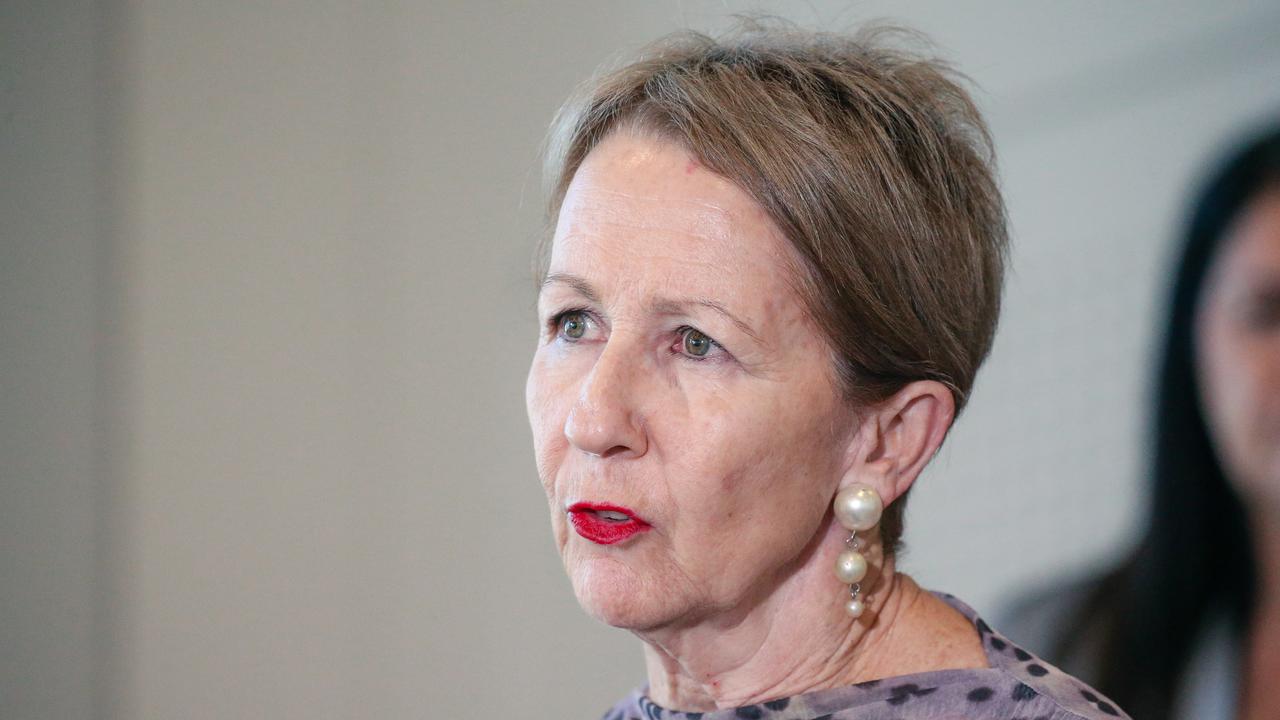One in four Queensland schools start year without permanent principal
A chain reaction has led to a critical shortage across Queensland schools – and the issue is no closer to being fixed. ALL THE DETAILS

The equivalent of almost one in four Queensland schools started the year without permanent principals as the industry stares down the barrel of a critical shortage.
From day one of term, the Department of Education confirmed it had 291 relieving principals across its system of 1264 public schools.
Retirements and principals being pulled into “higher duties” within the department has triggered a chain reaction that’s led to potentially underqualified principals being temporarily appointed in schools.
Industry experts say its vital for schools to be equipped with permanent principals as to best serve their communities.
Others also voiced concerns that the talent pool of quality school leaders across all sectors had dried up.
For the past five years there have been hundreds of relieving principals in schools at the start of year, going back as far as 2019, where there were 222 fill ins for day one of the first term.

While the number of relieving principals were slightly down from last year from 312 to 291, Queensland Teachers’ Union president Cresta Richardson said education was at a critical point with a teacher and school leader shortage crisis.
“Education is at a critical point right now with the teacher and school leader shortage crisis. Sustainable solutions are needed to be enacted to improve conditions to not only attract but retain the school leaders we have,” she said.
Ms Richardson said the number of acting principals was “not unusual” for this time of year with leave entitlements and higher duties within the department.
Queensland Association of State School Principals president Pat Murphy said more school leaders were or had reached retirement age in recent years.
Mr Murphy warned that it was a national issue that would be as “pertinent” as the ongoing teacher crisis.
He said the association would always work with the department and the teachers’ union to help deliver permanent principals to school communities.
“The association understands how critical it is to a school community and to the individual of having a permanent principal in place,” Mr Murphy said.
Mr Murphy said often the larger the school the principal acted in, the greater the impact on other smaller schools down the line, who are also backfilled with acting principals.
Catholic Secondary Principals Association of Queensland president Dan McMahon said for any school leader position advertised outside of Brisbane the “depth of field was much thinner”.
“It’s always been challenging in the regions, I can count on one hand the number of external applicants I’ve received in my school. We’ve had to rely on training up current staff to fill from within,” the Shalom College principal said.
“It’s really hard to get an external field of applicants and even now, my colleagues in South East Queensland sectors are struggling to attract quality applicants.”

When asked if she was concerned about the number of relieving principals, Education Minister Di Farmer said they were all “fully prepared and equipped to fulfil their responsibilities”.
Ms Farmer said she was proud of its “strong and capable” pipeline of teachers ready to become school leaders ad undertake relieving principal positions.
“There are a range of reasons why a school may have a relieving principal such as substantive principal working elsewhere, or on leave,” Ms Farmer said.
“During such periods, the principal retains their substantive role, until a decision for permanent recruitment is required if the position becomes vacant.”
Opposition Education spokesman Dr Christian Rowan claimed the number of relieving principals highlighted the state government had no comprehensive workforce plan.
Ms Farmer said the Education Futures Institute was supporting all school leaders including aspiring and beginning principals to build their professional expertise.
Further, she said the department was considering the recommendations made by the Productivity Commission and that it continued to work collaboratively with the union to identify future opportunities to reduce teacher and school leader workloads.
A Department of Education spokesman said it actively invests in the support and development of its workforce to ensure its pipeline of capable school leaders.
The spokesman said relieving principal positions were key to the development.
Some of the schools still on the hunt for principals include Beaudesert State High School, and Jimboomba and Burpengary state schools, according to current advertisements on the government’s Smart Jobs website.






